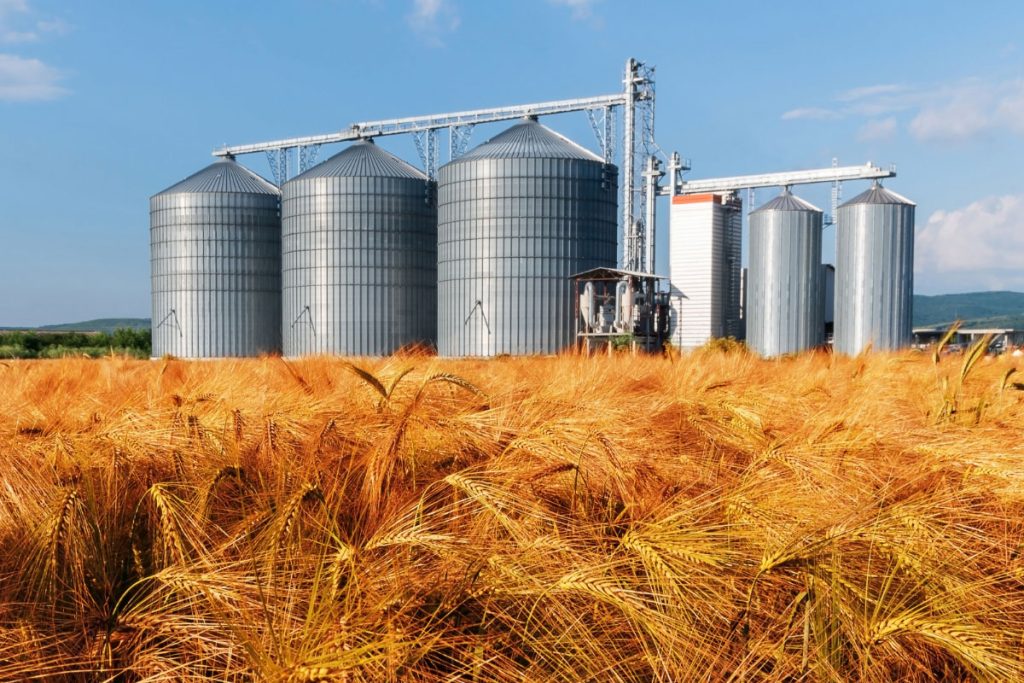
July 31, 2022; Lk 12:13-21; 18th Sunday in Ordinary Time
Jeff Bezos, the founder of Amazon, is building himself a $500 million yacht. He is building it in the port of Rotterdam in the Netherlands. It will be the largest personal vessel in the world. But there is a problem. When the boat is completed, it will be too tall to pass under one of the bridges in the harbor and make it to the sea. Bezos has asked the City Council of Rotterdam to allow him to tear down the bridge, sail his boat past where it stood, and then rebuild it. He is willing to pay for all of this. When news of this plan became public, the citizens of Rotterdam were outraged, so much so that the plan to tear down and rebuild the bridge was withdrawn. Mr. Bezos will have to find another way of getting his yacht to the ocean. As one enraged citizen said, “Perhaps this will show Mr. Bezos that there are some things that even an insane amount of money cannot buy.”
Now whether Mr. Bezos learns that lesson remains to be seen. But it is a lesson that another rich man, the one in today’s gospel, needed to hear. This rich man had more grain than he could use, so he decided to build bigger barns in which to store it. God was not pleased with the rich man’s decision. It is important for us to understand why. After all, one could make the case that the extra grain was earned by honest labor. It was the property of the rich man, and should he not be able to do what he wished with his own property? (This is what is often said of Jeff Bezos.)
But the gospel presents us with a different perspective. It presents us with God’s perspective. In God’s perspective, if you have more grain than you need, the challenge is not how to store it, but how to share it. If there is more wealth than a person can use, the project is not how to find new ways to keep it, but how to give it to those who need it. In our world today, there are plenty of people who need it. The latest numbers state that that there are eight hundred and sixty million people in the world living in poverty. Poverty is defined as having to live on less than $1.90 per day. Eight hundred and sixty million is a greater number than the population of the United Kingdom, France, Germany and Spain combined. What today’s gospel is telling us is that God is not pleased with a world in which so many have so little and a select few have more than they would ever be able to use.
This is why we as Christians must be committed to reversing the economic inequalities of our world. We must be people who advocate for economic policies that are sensitive to those who lack food, education and health care. We ourselves, as followers of Jesus, must regularly look at what God has given us and ask, “Do I own more than I really need?” And, if we do, the challenge is not to find new ways to keep it but to share it.
Now there is nothing wrong with wealth. There is nothing wrong with eating and drinking and being merry. God wants us to live a full and joyful life. But in a world where so many struggle to survive, we must be willing to share from our abundance. That is what matters to God.
